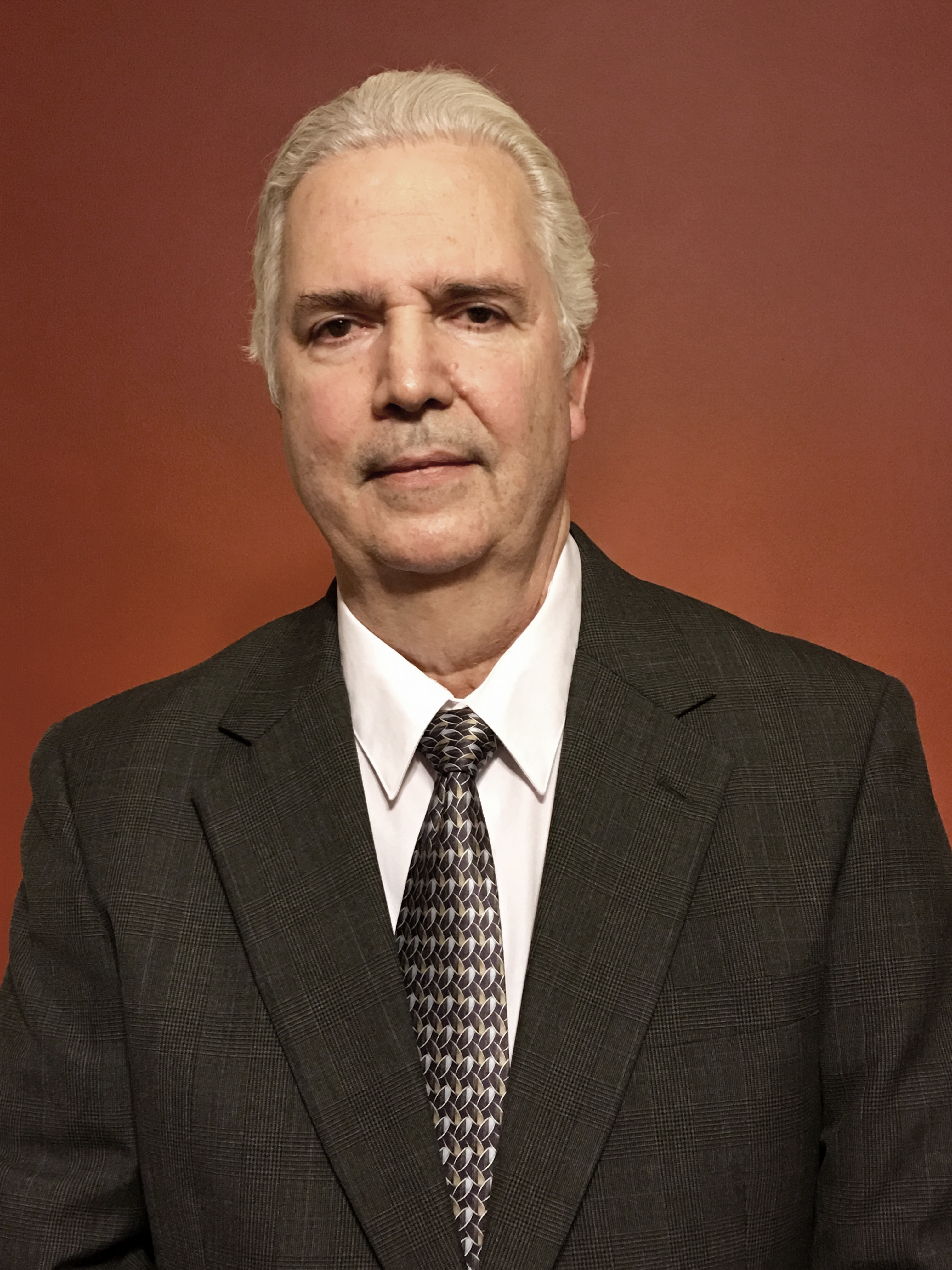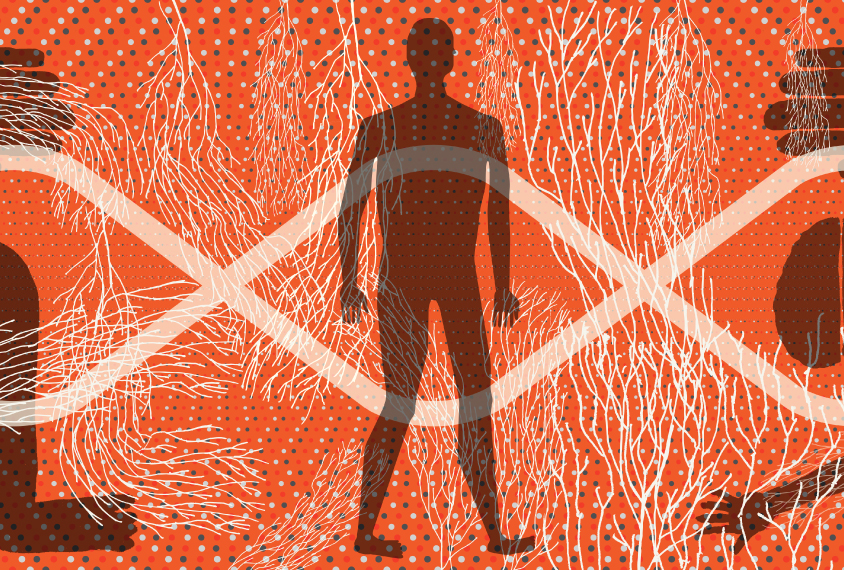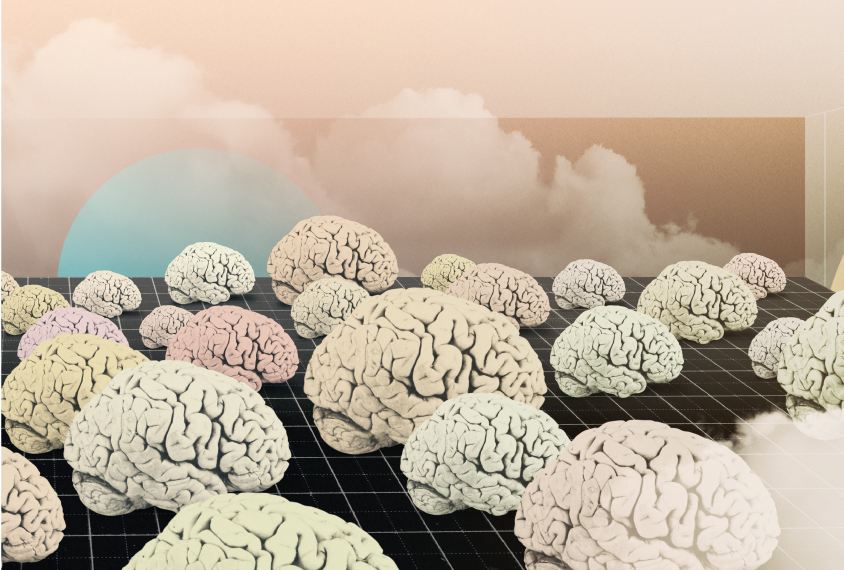Manuel Casanova is professor of biomedical sciences and SmartState Endowed Chair in Translational Childhood Neurotherapeutics at the University of South Carolina School of Medicine and Greenville Health System.

Manuel Casanova
Professor
University of South Carolina
From this contributor
How the autonomic nervous system may govern anxiety in autism
The branch of the nervous system that regulates subconscious bodily processes such as breathing and digestion may play a key role in autism.

How the autonomic nervous system may govern anxiety in autism
Analyzing postmortem brains for autism? Proceed with caution
Any study of postmortem brains must control for artifacts, which are pervasive in brain tissue.

Analyzing postmortem brains for autism? Proceed with caution
Explore more from The Transmitter
Shifting neural code powers speech comprehension
Dynamic coding helps explain how the brain processes multiple features of speech—from the smallest units of sounds to full sentences—simultaneously.

Shifting neural code powers speech comprehension
Dynamic coding helps explain how the brain processes multiple features of speech—from the smallest units of sounds to full sentences—simultaneously.
Astrocytes orchestrate oxytocin’s social effects in mice
The cells amplify oxytocin—and may be responsible for sex differences in social behavior, two preprints find.

Astrocytes orchestrate oxytocin’s social effects in mice
The cells amplify oxytocin—and may be responsible for sex differences in social behavior, two preprints find.
Neuro’s ark: Spying on the secret sensory world of ticks
Carola Städele, a self-proclaimed “tick magnet,” studies the arachnids’ sensory neurobiology—in other words, how these tiny parasites zero in on their next meal.

Neuro’s ark: Spying on the secret sensory world of ticks
Carola Städele, a self-proclaimed “tick magnet,” studies the arachnids’ sensory neurobiology—in other words, how these tiny parasites zero in on their next meal.